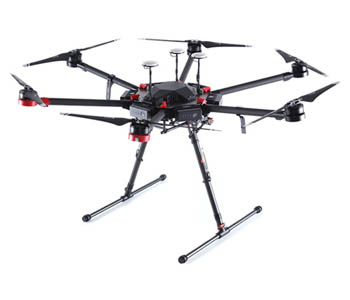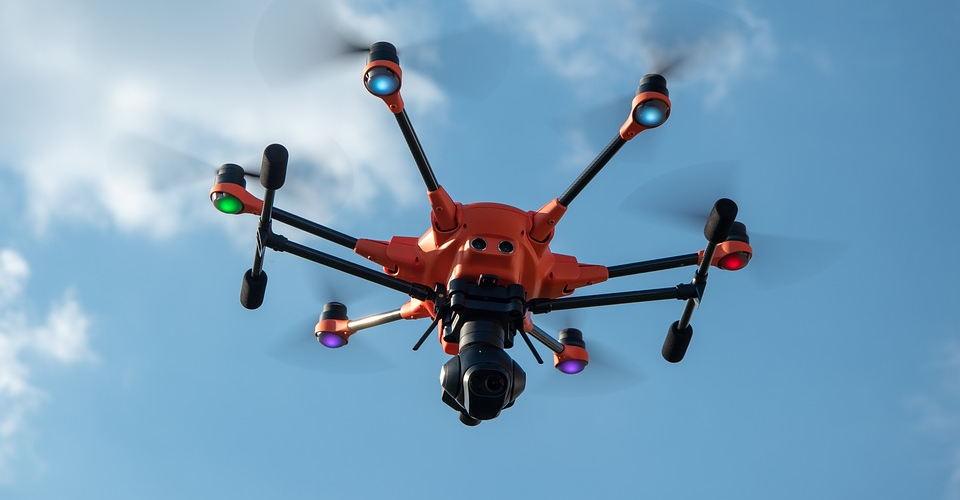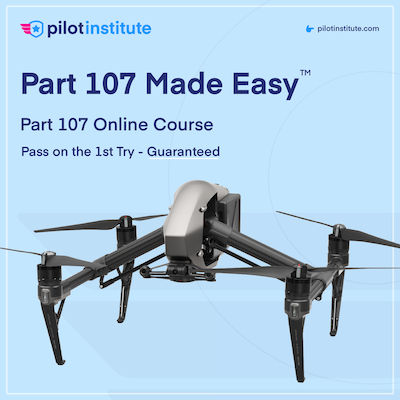How to Register a Drone for Commercial Use
For many drone pilots, flying drones are a great way to unwind during the weekend or to capture unique photos during their vacations. However, these are also drone pilots who are more enterprising and recognize the fact that drone services are demand in a lot of industries. If you belong on the more business-minded group of drone pilots: then there’s one thing you need to do first: register your drone.
The good news is that the FAA has made the drone registration process very easy and affordable. How exactly can you register your drone for commercial use and what are the requirements? Is there any way to check the status of registration of a drone?
What is the registration process for commercial drones?

All drone registration processes, whether you’re flying commercially or recreationally, is done through the FAA’s DroneZone website. If you’ve checked out the website, you will notice that there are different buttons for registering a drone under Part 107, or as a model aircraft under Section 336. The Part 107 option refers to drones meant to be used for commercial applications, while a Section 336 model aircraft can only be used for leisure.

PART 107 Made Easy
- 161 Question and Answer Study Guide
- 105 pages of illustrated content
- Covers all parts of the Part 107 test
- $97 of value for free
To register your drone for commercial use, you must be at least 13 years of age and be a US citizen or a legal permanent resident. You will also need to provide a valid email address, a mailing address, the make and model of your drone, and the details of your credit card or debit card for the $5 registration fee. Commercial drone registration is valid for only three years.
Only drones that weigh less than 55 lbs. can be registered using the FAA’s online facility. Drones that weigh above this limit will be considered “traditional aircraft” and will need to be registered as such. The paper registration process you’ll need to go through is longer and a lot more tedious, but we have already covered the details in a previous article.
Why does the license expire?
If you’ve ever shopped online for a drone, then you’ve probably noticed that there seems to be a huge market for second-hand drones. As with all expensive electronics, drones have a high resale value, especially if they haven’t seen much use. The FAA recognizes that such practices are common and have required drone pilots to report any changes in drone ownership along with the destruction of drones or changes in a drone pilot’s mailing address. In reality, such changes usually go unreported.
The requirement to renew the drone registration after three years serves as a catch-all mechanism so that drone registration records can be kept current. This is an essential safety and accountability feature, as the drone registration numbers can be traced back to a drone pilot.
What do I need to do after registration?
Once you have finished the registration process, you should receive a unique drone registration number in your email. It will then be your responsibility to mark your drone with the registration number in a location that is easily visible upon inspection of your drone. This rule was only recently implemented by the FAA in a bid to protect law enforcers and first responders from potential explosives hidden inside renegade drones.
What’s the best way to go about the marking process? The FAA recommends either engraving it on the surface of the drone, sticking a permanent label or simply writing the registration number using a permanent marker. The important this is that the registration number is visible and will not be erased even when the drone is exposed to the elements.
How can I check the status of registration of my drone?
The Freedom of Information Act (FOIA) covers the various FAA databases, including those that contain pilot records, accident reports, waiver requests, and drone registrations. If you need any of this information, then you need to request for the documents via the FAA’s FOIA request page.
Take note that you may be asked for a fee, the amount of which depends on the type of document you are requesting. You will also need to provide a lot of personal details, including your intention for requesting such document.
For best results, we recommend applying for the renewal a short while before your current drone registration expires. There’s no need to worry about the registration periods overlapping, as the new registration will only take effect once the previous registration has expired.
Any other requirements before I can fly to earn cash?
Oh, there are still a lot of things to do. In fact, registering your drone is the easiest and cheapest part of preparing for a career as a commercial drone pilot.
To make sure that you are flying your drone legally for profit, you need to get a remote pilot certificate or a commercial drone license. This is the single most important requirement before you can fly your drone commercially. It’s no coincidence that it also happens to be the most difficult, and potentially most expensive step.
To get the drone license, you need to pass a Part 107 knowledge test. Depending on who you ask, you can pass the knowledge test with just a little light reading, or it can take several hours of serious studying. We recommend playing it safe and dedicating around 15 to 20 hours to prepare for the test. There are loads of resources online, whether free or paid, that you can use to help you prepare.
If you intend to start a business offering drone-based services, then we also recommend that you get two types of insurance: drone insurance and liability insurance. The drone insurance provides financial protection in case your drone gets damaged, while the liability insurance protects you from financial consequences due to any property damage or injury that may occur while you are doing a commercial drone gig.
Final thoughts
The requirement to register drones is so controversial that it was almost repealed just a few years ago due to arguments made by the model aircraft community. Nowadays, the legislation appears to be standing more firm footing and will likely continue to be a huge part in keeping drone flight a safe practice.
We’re glad that the FAA has made the registration process incredibly simple and cheap. The effort it takes to register is a small price to pay to keep drone pilots responsible and accountable for their actions.
As with any drone-related legislation, we expect drone registration requirements to continue to evolve. Drone technology is still young and continues to progress in big leaps every year. We’re confident that the FAA will reflect these technological evolutions to develop more practical legislation that is also fair to the drone pilots and the general public.


